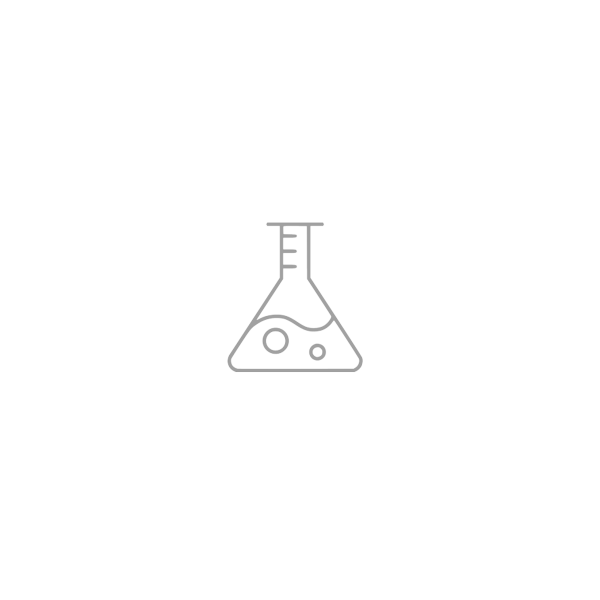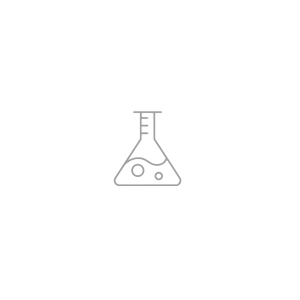
Dimercaprol – British anti-Lewisite BAL
Dimercaprol – British anti-Lewisite BAL
| Clinical data | |
|---|---|
| Trade names | BAL in Oil |
| Synonyms | 2,3-Dimercaptopropanol British Anti-Lewisite 2,3-dithiopropanol 2,3-Dimercaptopropan-1-ol |
Medical uses
Dimercaprol has long been the mainstay of chelation therapy for lead or arsenic poisoning, and it remains an essential drug. It is also used as an antidote to the chemical weapon Lewisite.
Wilson’s disease is a genetic disorder in which copper builds up inside the liver and other tissues. Dimercaprol is a copper chelating agent that has been approved by the FDA to treat Wilson’s disease.
Commonly used brand name(s): BAL in Oil.
Other commonly used names are
British Anti-Lewisite and dimercaptopropanol
Description
Uses:
Dimercaprol (INN) or British anti-Lewisite (abbreviated BAL), is a compound developed by British biochemists at Oxford during World War II.It was developed secretly as an antidote for Lewisite, Used medically in treatment of Arsenic, Mercury, Gold, Lead, Antimony, and other Toxic Metal Poisoning.
| Chemical and physical data | |
|---|---|
| Formula | C3H8OS2 |
| Molar mass | 124.225 g mol−1 |
| Boiling point | 393 °C (739 °F) at 2.0 kPa |
| Density | 1.239 g cm−3 g/cm3 |

